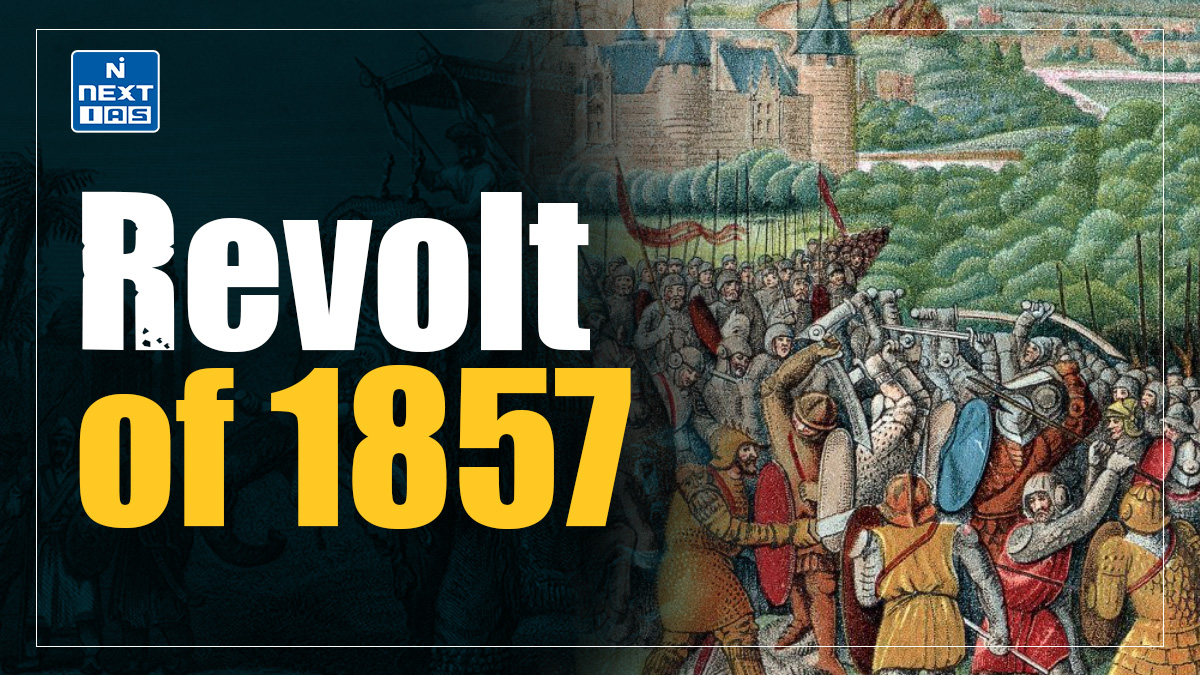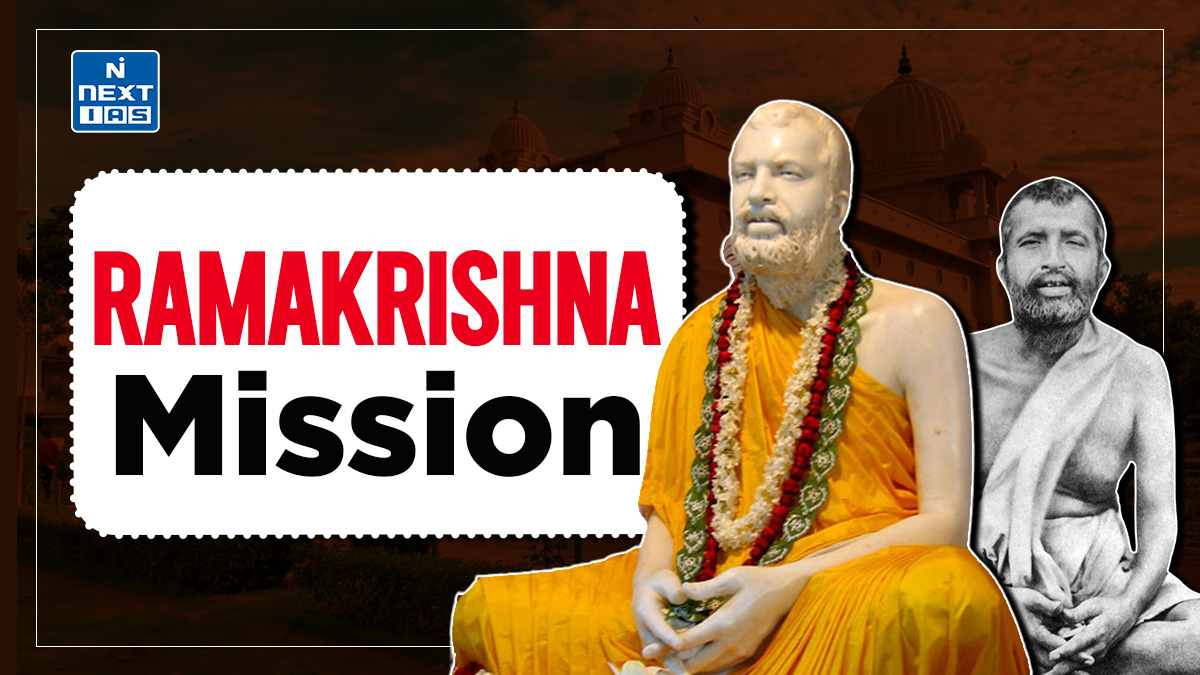
The Arya Samaj is a Hindu reform movement founded by Swami Dayanand Saraswati in 1875, which emphasises the return to Vedic principles and seeks to address social injustices within Hindu society. Its significance lies in its efforts to promote educational reform, gender equality, and a casteless society, which laid the foundation for future social reform movements in India. This article aims to study in detail the philosophies, social initiatives, and lasting impact of the Arya Samaj on Indian society.
About Arya Samaj
- Swami Dayanand Saraswati, often referred to as the “Martin Luther of India,” reformed the Hindu religion in North India.
- In 1875, he founded the Arya Samaj, which’s philosophy was based on the slogan “Go Back to the Vedas.”
- The organisation sought to revive Vedic teachings and promote educational reforms through Gurukuls and Dayananda Anglo-Vedic (DAV) schools and colleges.
History of Arya Samaj
- The Arya Samaj was founded by Swami Dayanand Saraswati in 1875 in Bombay (now Mumbai) as a reformist movement within Hinduism.
- Dayanand sought to restore the Vedas’ authority as the ultimate source of knowledge and spiritual guidance, rejecting superstitions, idol worship, and rituals that he believed had corrupted Hinduism.
- The movement quickly gained momentum, focusing on social and religious reforms, including women’s education, widow remarriage, and the abolition of untouchability.
- The Arya Samaj also played a significant role in the Indian independence movement, fostering nationalism and self-reliance by emphasising Vedic ideals and cultural revival.
Key Philosophies of Arya Samaj
- Critique of Religious Orthodoxy: Arya Samaj attacked practices such as idolatry, Brahmanical dominance, polytheism, and rituals like animal sacrifices. It condemned beliefs in magic and charms.
- Access to God: It emphasises everyone has the right to access God.
- Advocacy for Unified Society: The Arya Samaj aimed for a classless and casteless society with Vedic Hinduism as a common religion.
- Law of Karma and Reincarnation: It upheld the principles of Karma and reincarnation but rejected the concept of predestined fate (Niyati).
- Concept of Salvation: Contrary to the belief of escaping the material world, it emphasises achieving salvation through righteous deeds.
Social Reforms in Arya Samaj
- Educational Initiatives: The Arya Samaj prioritised education as a key element in reforming Hindu society and reviving Vedic values.
- It established a network of schools and colleges, notably the Dayananda Anglo Vedic (DAV) institutions, which focused on modern education in subjects like the humanities, sciences, and Western knowledge.
- Marriage and Family Welfare: Swami Dayanand Saraswati was a vocal critic of the prevailing social norms regarding marriage, especially those that led to child marriages and put women in oppressive situations.
- He advocated raising the minimum marriage age to ensure that girls and boys were mature enough to take on marital responsibilities.
- Caste Reforms: The Arya Samaj sought to challenge the rigid caste hierarchy prevalent in Hindu society by promoting a Varna system based on individual occupation and merit, not birth.
- It openly encouraged inter-caste marriages and widow remarriages, challenging the orthodoxy that restricted such unions.
- Gender Equality: The Arya Samaj pioneered advocating for equal rights for men and women. It challenged the patriarchal norms that marginalised women and limited their roles in society.
- By promoting co-education and providing equal access to educational institutions, Arya Samaj worked to empower women and integrate them as active participants in society.
Social Services in Arya Samaj
- The Arya Samaj actively participated in famine relief efforts and worked to spread English education.
- It also supported various social services, such as child welfare and widow remarriages.
Principles of Arya Samaj
- The Arya Samaj, founded by Swami Dayanand Saraswati in 1875, is a socio-religious reform movement based on the principles of the Vedas.
- It emphasises monotheism, rejecting idol worship and rituals, and promotes the concept of “Krinvanto Vishwam Aryam” (Make the world noble).
- The Arya Samaj advocates truth, moral living, and social reforms such as women’s education, widow remarriage, and the abolition of caste-based discrimination.
- It also opposes superstitions, child marriage, and untouchability, striving for a just and equitable society rooted in rationality and Vedic teachings.
The Shuddhi Movement
- Arya Samaj launched the Shuddhi Movement to facilitate the reconversion of Hindus who had embraced other religions, primarily Islam and Christianity, often due to social, economic, or political pressures.
- Through Shuddhi or “purification,” the movement aimed to restore these individuals to Hinduism, fostering a sense of unity and belonging within the Hindu community.
- This movement was seen as a response to the increased influence of missionaries and aimed to counter conversions by offering individuals a way to reclaim their Hindu identity.
- The Shuddhi Movement also reinforced Arya Samaj’s commitment to a casteless society, welcoming all Hindus regardless of prior religious affiliations.
Legacy of Arya Samaj
- The Arya Samaj deeply influenced national leaders like B.G. Tilak, Lala Lajpat Rai, and G.K. Gokhale and promoted nationalism.
- It instilled self-respect, confidence, and a sense of equality among Indians.
Analysis of Arya Samaj
- The Arya Samaj was both a reform movement and a means of defending Indian culture.
- While promoting equality and self-respect, it also had a conservative outlook, especially regarding interpreting the Vedic scriptures.
- Jawaharlal Nehru remarked that the Arya Samaj was a reforming movement from within and a defence organisation against external threats to Hinduism.
Conclusion
In conclusion, the Arya Samaj played a pivotal role in India’s social and religious reform movement during the 19th century. Founded by Swami Dayanand Saraswati, the organisation sought to revive Vedic teachings and addressed pressing social issues such as education, caste discrimination, and gender inequality. By advocating for a classless and casteless society and promoting the principles of equality and self-respect, the Arya Samaj laid the groundwork for a more inclusive Hindu identity. Its impact on national leaders and the broader Indian society reflects its lasting legacy in shaping modern India. The Arya Samaj’s initiatives continue to inspire movements for social justice and equality, reminding us of the importance of reforming traditional practices to align with contemporary values and aspirations.
Frequently Asked Questions (FAQs)
Who is the founder of Arya Samaj?
The founder of Arya Samaj is Swami Dayanand Saraswati, a Hindu reformer who established the organization in 1875 to promote Vedic principles and reform Hindu society.
What is Arya Samaj?
Arya Samaj is a Hindu reform movement founded in 1875 by Swami Dayanand Saraswati. It emphasizes the teachings of the Vedas, advocating for monotheism, social reform, gender equality, and the elimination of superstitions, idolatry, and caste-based discrimination.





